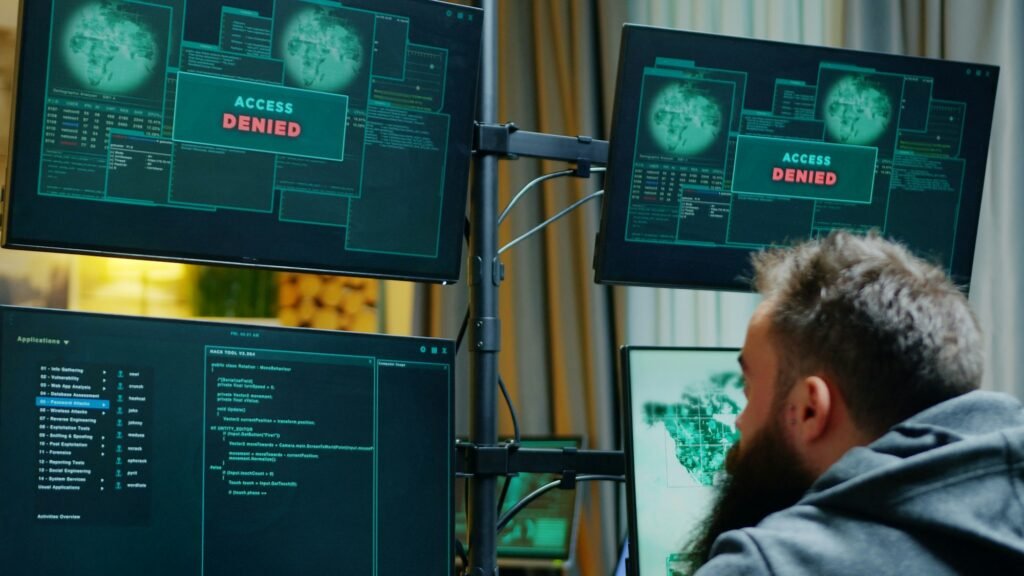Smart Contracts and Dispute Resolution: What You Need to Know
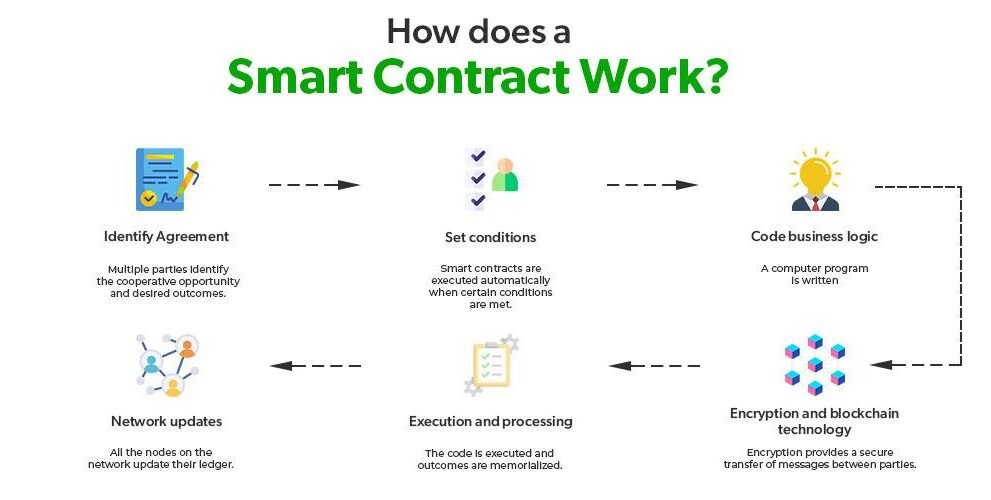
In an age where technology continuously reshapes the landscape of business and law, smart contracts have emerged as a transformative force poised to redefine how agreements are forged and enforced. Leveraging blockchain’s immutable ledger and automated execution capabilities, these digital agreements promise efficiency, transparency, and trust in transactions that span a myriad of industries. However, as with any innovative tool, the growing adoption of smart contracts raises essential questions, particularly concerning the resolution of disputes. What happens when a contractual obligation is not met? Who bears the responsibility, and how can parties navigate these complexities in a landscape governed by code rather than human negotiation? In this article, we delve into the intersection of smart contracts and dispute resolution, exploring the intricacies of these automated agreements and the frameworks that support conflict management, equipping you with the essential knowledge to navigate this evolving frontier.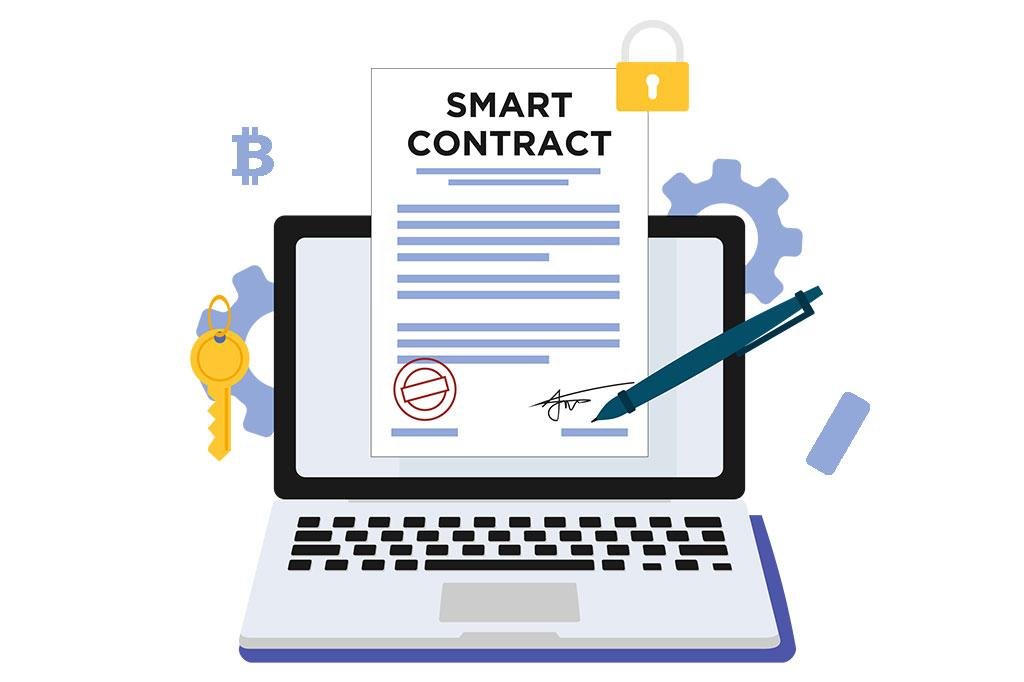
Understanding Smart Contracts and Their Role in Modern Agreements
Smart contracts represent a revolutionary shift in the way agreements are created, executed, and enforced. Unlike traditional contracts, which often rely on intermediaries to enforce terms, smart contracts leverage blockchain technology to automate and streamline processes. They operate on a fundamental principle: if certain conditions are met, specific actions occur automatically. This not only alleviates the risk of human error but also significantly reduces the time and cost associated with dispute resolution. In essence, smart contracts encapsulate the agreement and its terms in code, bringing clarity and precision to the contract’s execution.
As the adoption of smart contracts grows, their role in modern agreements becomes increasingly paramount, especially in the realm of dispute resolution. Key characteristics of smart contracts that enhance their function include:
- Immutability: Once deployed on the blockchain, a smart contract cannot be altered, ensuring trust among parties.
- Transparency: All transactions and operations are visible to all parties, enabling easier tracking and verification of compliance.
- Speed: Automated execution of terms leads to faster conflict resolution compared to traditional methods.
- Cost-effective: By eliminating intermediaries and manual oversight, smart contracts can significantly lower transaction costs.
To illustrate the functioning of smart contracts in dispute resolution, consider the following table, outlining how traditional contract methods compare with smart contract approaches:
| Aspect | Traditional Contracts | Smart Contracts |
|---|---|---|
| Execution | Manual intervention needed | Automated and instant |
| Trust Level | Dependent on third-party | Trustless environment |
| Time for Resolution | Potentially lengthy | Immediate |
| Fee Structure | Higher due to intermediaries | Lower due to automation |

Navigating Dispute Resolution Mechanisms in Smart Contracts
In the realm of smart contracts, the absence of a centralized authority may lead to complexities when disputes arise. To effectively navigate these challenges, parties should consider integrating specific dispute resolution mechanisms directly into the smart contracts. These mechanisms can include:
- Arbitration Clauses: Establishing a framework for arbitration, where a neutral party makes binding decisions.
- Escrow Services: Utilizing smart contract features that hold funds until both parties reach an agreement.
- Dispute Resolution Protocols: Implementing protocols that dictate how disputes should be managed.
Moreover, understanding the various forms of dispute resolution available is essential for effective implementation. In many cases, incorporating a tiered approach allows for swift resolutions before escalating issues to formal arbitration. For a clearer perspective, consider the following table summarizing common dispute resolution methods:
| Method | Description | Advantages |
|---|---|---|
| Negotiation | Parties discuss and attempt to resolve the dispute directly. | Cost-effective, quick resolution. |
| Mediation | A neutral third party facilitates a conversation between disputing parties. | Confidential, collaborative approach. |
| Arbitration | A third party makes a binding decision based on the presented evidence. | More formal, legally enforceable outcomes. |
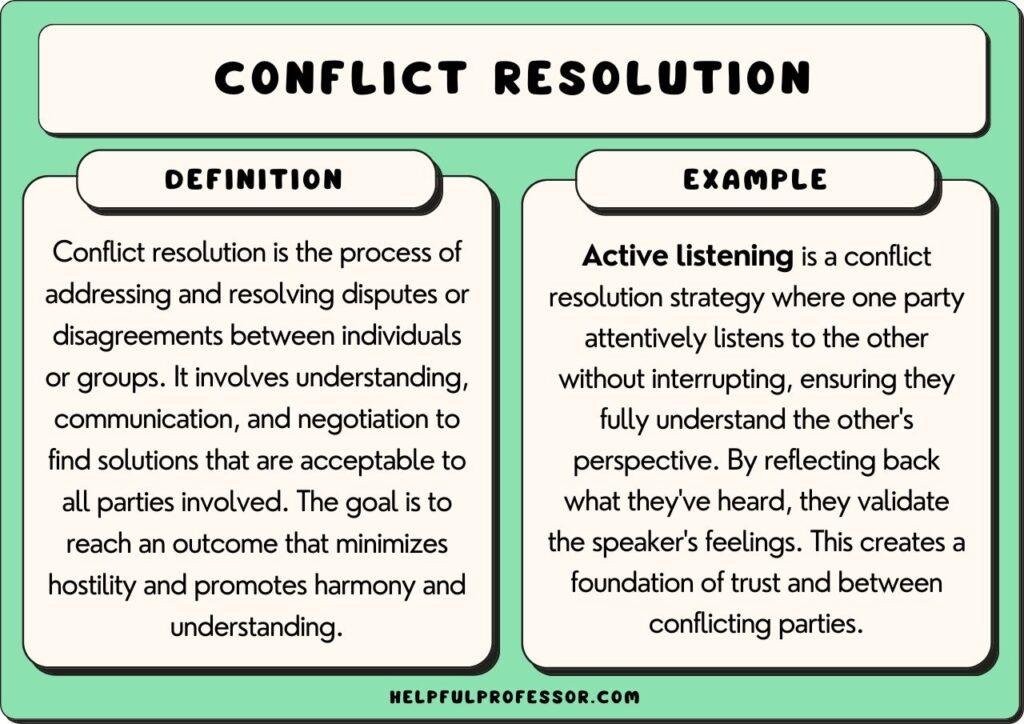
Best Practices for Implementing Effective Dispute Resolution Strategies
Implementing effective dispute resolution strategies is essential for the success of smart contracts. One of the best practices is to establish clear communication channels from the outset. By ensuring all parties understand the terms and conditions well, confusion can be significantly minimized. Consider integrating the following elements into your strategy:
- Detailed Documentation: Maintain comprehensive records of all contractual terms and modifications.
- Transparent Procedures: Create well-defined processes for dispute identification and resolution.
- Regular Training: Ensure all stakeholders are familiar with the dispute resolution mechanisms available to them.
Additionally, leveraging independent third-party mediators can foster impartiality and enhance trust among parties. It’s crucial to outline the criteria for selecting mediators, emphasizing their expertise in blockchain technology and smart contracts. A simple table can help summarize the qualities to consider:
| Criteria | Description |
|---|---|
| Experience | Proven track record in dispute resolution in tech contexts. |
| Impartiality | Neutral stance to ensure fair assessment. |
| Technical Knowledge | Familiarity with blockchain and smart contracts. |
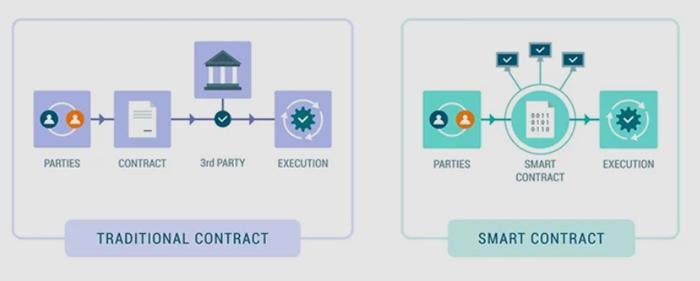
Future Trends: The Evolution of Smart Contracts in Legal Frameworks
The future of smart contracts within legal frameworks is poised for remarkable transformation as technology matures and legal systems adapt. As organizations increasingly recognize the potential of blockchain technology, we can expect the integration of automated dispute resolution processes informed by smart contracts. This evolution could lead to more streamlined and efficient legal proceedings. Key aspects of this shift may include:
- Interoperability: Smart contracts will increasingly interact with various legal systems, enhancing their functionality across jurisdictional boundaries.
- Regulatory Compliance: Legal frameworks are likely to evolve to encompass smart contracts, ensuring their adherence to existing laws and regulations.
- Accessibility: The democratization of legal processes through smart contracts may allow individuals to navigate dispute resolution without the need for costly legal representation.
In addition to these trends, we may see the development of hybrid models that combine traditional legal principles with algorithm-driven solutions. This could culminate in a new breed of contract dispute resolution mechanisms that leverage both human judgment and automated processes. Key factors to consider in this evolution include:
| Factor | Potential Impact |
|---|---|
| Technological Advancements | Enhanced efficiency in resolving disputes. |
| Legal Recognition | Increased trust in smart contracts as enforceable agreements. |
| Consumer Acceptance | Wider adoption of smart contracts among businesses and individuals. |
Final Thoughts
As we stand at the intersection of technology and legal frameworks, smart contracts offer a glimpse into a future where efficiency and transparency reign supreme. However, the complexities of dispute resolution within this innovative realm cannot be overlooked. Understanding the nuances of how these digital agreements interact with traditional legal systems is essential for anyone looking to navigate this evolving landscape.
while the potential of smart contracts is vast, their successful implementation hinges on our ability to address and resolve disputes with clarity and fairness. As we continue to explore this frontier, it is crucial for both individuals and businesses to stay informed and adaptable. Embracing the challenges and opportunities that come with smart contracts will not only streamline transactions but also pave the way for a more trustworthy and equitable digital economy. As we move forward, let us commit to fostering dialogue and developing solutions that bridge the gap between technology and the law, ensuring that innovation serves all parties involved in the contract tapestry.



























































